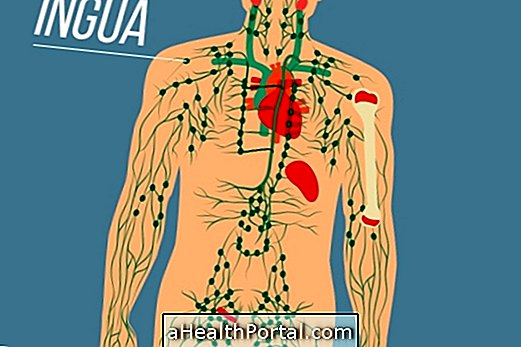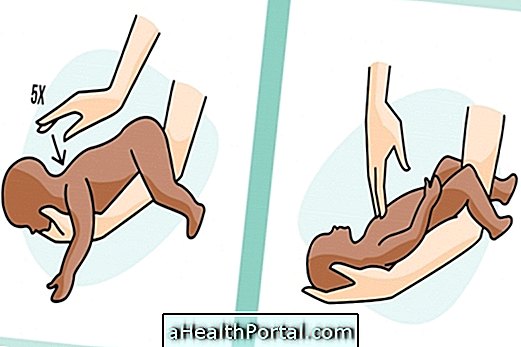Hysteria is a psychological disorder that arises in cases of extreme anxiety, in which the person can not control their emotions and their way of acting, reacting exaggeratedly or losing consciousness, for example.
People who suffer from hysteria usually exhibit seductive behavior, easy irritability, and emotional dependence on others. In addition, symptoms such as:
- Cramps and feeling heavy in the arms and legs;
- Paralysis and difficulty in moving limbs;
- Increased heart rate;
- Swelling of the neck;
- Feeling of shortness of breath;
- Frequent headache;
- Feeling of ball in the throat;
- Violent muscular movements.
These symptoms, as well as the personality traits, although they are more common in women can also affect men suffering from constant anxiety. Typically, the symptoms appear in seizures, which can last between a few hours, days or semen.
Other common characteristics of the personality of the person suffering from hysteria are lack of self-will, excessive need to feel love and extreme sympathy, which can vary with emotional instability.

What causes hysteria
The symptoms of hysteria, in most cases, begin when a great deal of affection and emotion is suppressed, leading to a great feeling of guilt and anxiety. In addition, some hereditary factors may also be involved, since this disorder is more common within the same family.
Hysteria is also more common in people who have grown up or live in an unstable, stressful family environment because it impairs their ability to deal with their emotions.
In more rare cases, the symptoms of hysteria may arise after the death of someone very close or the loss of a great love.
Treatment for hysteria
The best form of treatment for hysteria is to do psychotherapy with a psychologist in order to identify ways to cope with excessive anxiety and learn to deal with one's own emotions.
In addition, it may still be necessary to use a psychiatrist to initiate the use of anxiolytic medications, such as Alprazolan, to relieve the constant feeling of anxiety, especially during crises.
Understand more about the different ways of dealing with hysteria and prevent crises from recurring.






















